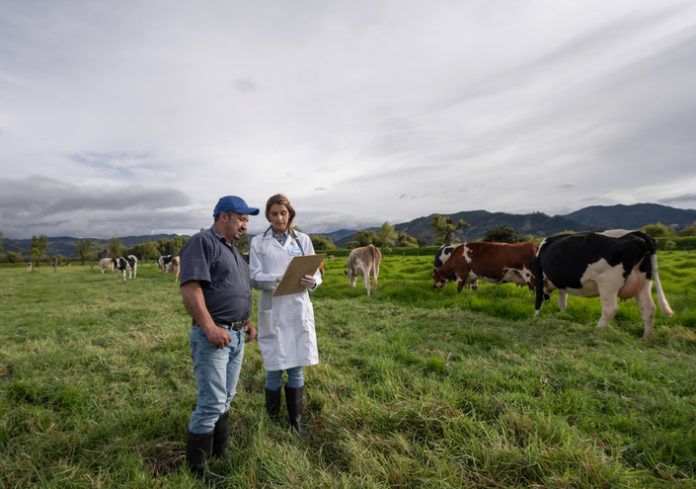New Zealand Food Safety is urging animal owners to do their part in the battle against antimicrobial resistance – and towards keeping life-saving medicines working.
“The World Health Organisation has named antimicrobial resistance (AMR), one of the top 10 global health threats facing humanity,” says deputy director-general, Vincent Arbuckle.
“World Antimicrobial Awareness Week, which begins today, recognises that this serious issue will need a global effort to manage.
“So, it’s vital that we work together to help to reduce and limit the spread of AMR – and pet owners and livestock farmers have a specific role to play.”
AMR occurs when microbes, or germs, develop resistance to medicines, such as antibiotics. antimicrobial medicines are critical to human, animal and plant health, as well as the environment, but they lose effectiveness over time if they are not properly handled and disposed of.
“Because resistant germs can pass between animals, humans and plants, and into the environment, poorly-managed antimicrobial medicines in animals can, over the long term, increase AMR in humans – and vice-versa,” says Mr Arbuckle.
“We’re working alongside our colleagues at the Ministry of Health to tackle AMR in New Zealand. We want to raise awareness of the practical things people can do to ensure these life-saving medicines remain effective.”
This year, the Ministry for Primary Industries and Ministry of Health have chosen a national theme of safe handling and disposal of antimicrobial medicines – both in humans and animals.
“If everyone ensured the safe handling and disposal of antibiotics in their care, we could make a big difference in preventing the spread of AMR in humans, animals, plants and the environment,” says Mr Arbuckle.
Here’s what you, as a pet owner or livestock farmer, can do:
- closely follow the instructions outlined by your veterinarian. Make sure you give the correct dose, at the right time of day, and for the prescribed duration.
- wash your hands after dosing.
- make sure your animal completes the prescribed course. If, for some reason you are unable to complete the course, you should let your veterinarian know so they can help you.
- never keep antibiotics for future use because each infection and animal needs unique treatment.
- dispose of the empty containers appropriately to help keep the environment safe.



